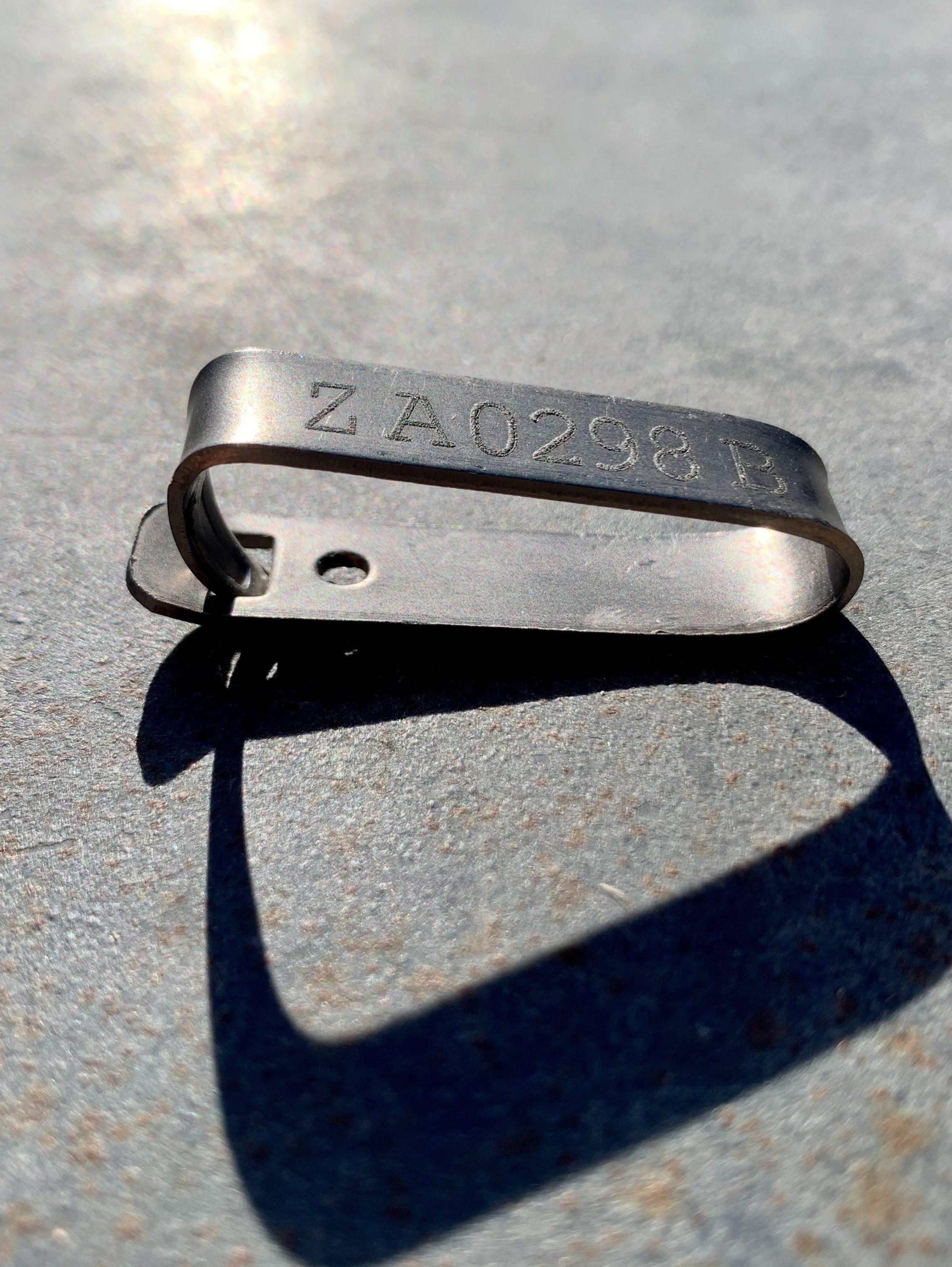We all wear clothing. It is an essential item that is produced, sold, and bought on a large scale. However, have you ever considered that your relationship with clothes could have a negative impact on our ocean and marine animals? Well, it can and it does! There are several ways that our relationship with clothing contributes to the threat that our ocean is currently facing - but they are quite easy to prevent with a few simple actions we can take. Let's take a look:
Your clothing sheds plastic microfibres
One of the most dangerous plastic threats is one that we cannot even see – plastic microfibres that come from clothing and textiles.
You read that right – your clothing is shedding thousands of microscopic plastic strands into the water every single time you wash them. As they are so minute, these tiny strands of plastic do not get filtered out, and eventually, end up reaching the sea, where they enter the lowest levels of the food web, contributing to the bioaccumulation and biomagnification of toxins.
Credit: Trusted Reviews (CC BY-NC-ND 4.0)
Luckily, now that you know about this threat, you can combat it by simply washing your clothes a little differently!
How can we combat this?
- Washing your clothes less often means that there fewer plastic microfibres are entering our ocean. This also saves you, and our environment, so much water.
- When washing your clothes, it helps to do so at the lowest temperature setting possible. Heat softens the fibres and allows more to be shed – cold washes are what you want!
- Wash hard items, like bags and shoes, separately from soft clothing to prevent friction.
- Consider using a filter bag to contain your synthetic fibre clothing when washing.
- If you are purchasing new clothes, try to buy natural fibres like cotton instead of synthetic or blended fabrics.
Sources: 1) 18-35% of microplastic entering the ocean is from clothing fibres. 2) New clothing sheds more fibres. 3) Washing cooler and slower reduces the amount of fibres. 4) Microfibres contribute to the accumulation of toxins.
Make your wardrobe more ocean-friendly
Did you know that after oil, the fashion industry is the world’s most polluting industry?
Believe it or not, “fashion” is the number two waste producer in the world, and most “fast fashion” clothing items are designed to be worn no more than seven times. Mass production of clothing has incredibly dire consequences and the textiles used don’t last. In addition, the production processes are highly intensive and toxic chemicals, waste, and dyes are spewed onto land and into waterways.
How can we combat this?
- Buy less! Simply avoiding the purchasing of clothing that you do not need makes a world of difference.
- When you do need clothing, buy good quality clothing with a timeless style, so that you maximise your use of them.
- If you only need a clothing item once, like a wedding suit, make sure to borrow or hire instead of buying.
- If you want to refresh your style or feel like going for something new, support pre-loved clothing from local thrift stores and sales.
- Extend the life cycle of your clothes. If they no longer meet your needs or satisfy you, donate them. If they are damaged beyond repair, find other uses for them – rags, for example.
The Flipper Effect: Protect Bob's Home

While Bob is being readied for release after eight years of difficult rehabilitation, we realise we won't be able to protect him anymore. The reality is simple: The ocean is not safe for turtles. Together we can change that. Bob will be facing many of the same human-caused threats that resulted in his stranding in the first place, and which are the cause of harm to the overwhelming majority of distressed sea turtles
In order to create an ocean that is safe for Bob and all other creatures that call it home, we must continuously take small actions towards protecting it - these small actions compound into big change. This is #TheFlipperEffect!
If you're looking for a good place to kick your journey off, consider taking the 28-Day Challenge with Ocean Pledge and the Two Oceans Aquarium to do more to protect Bob's home!



